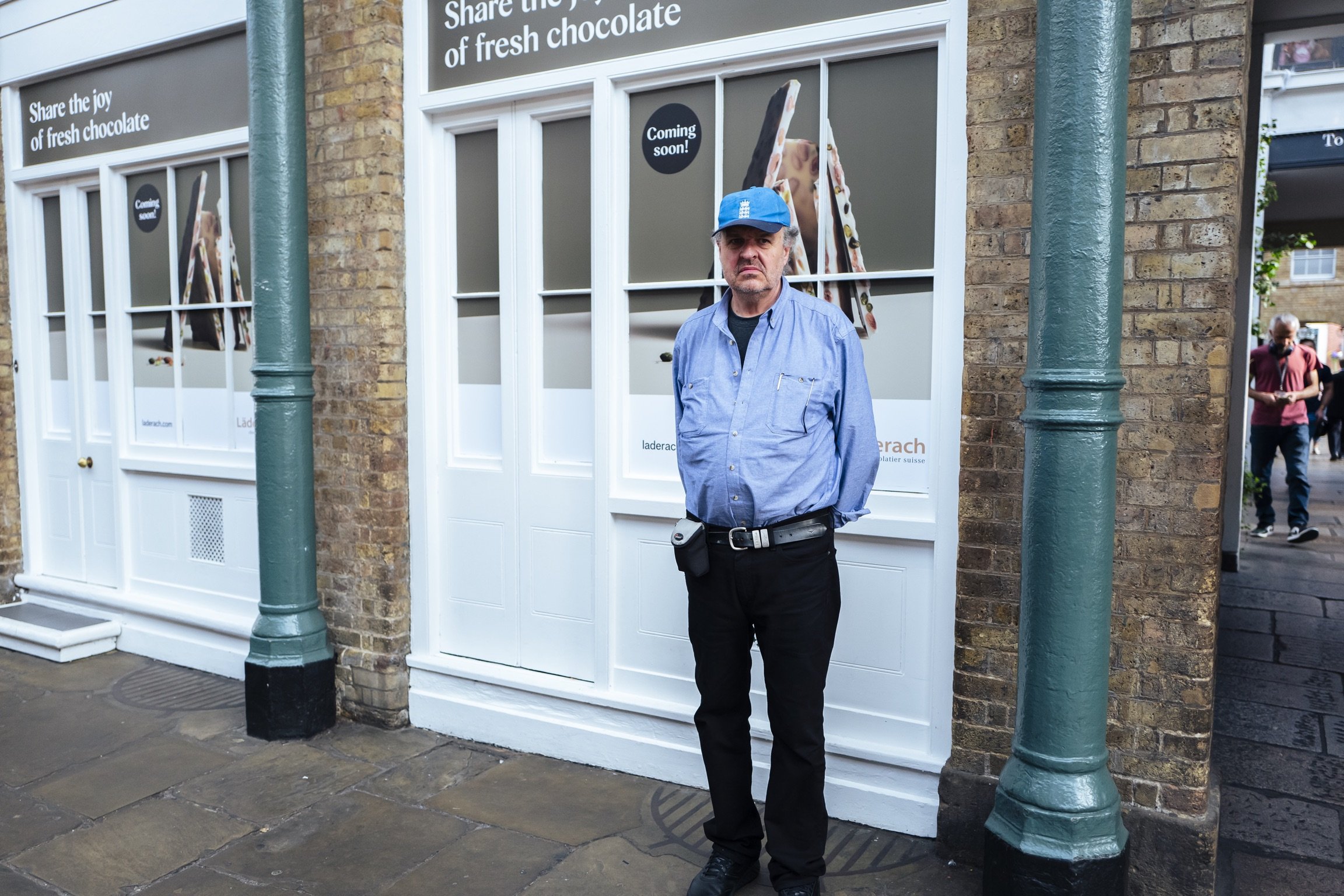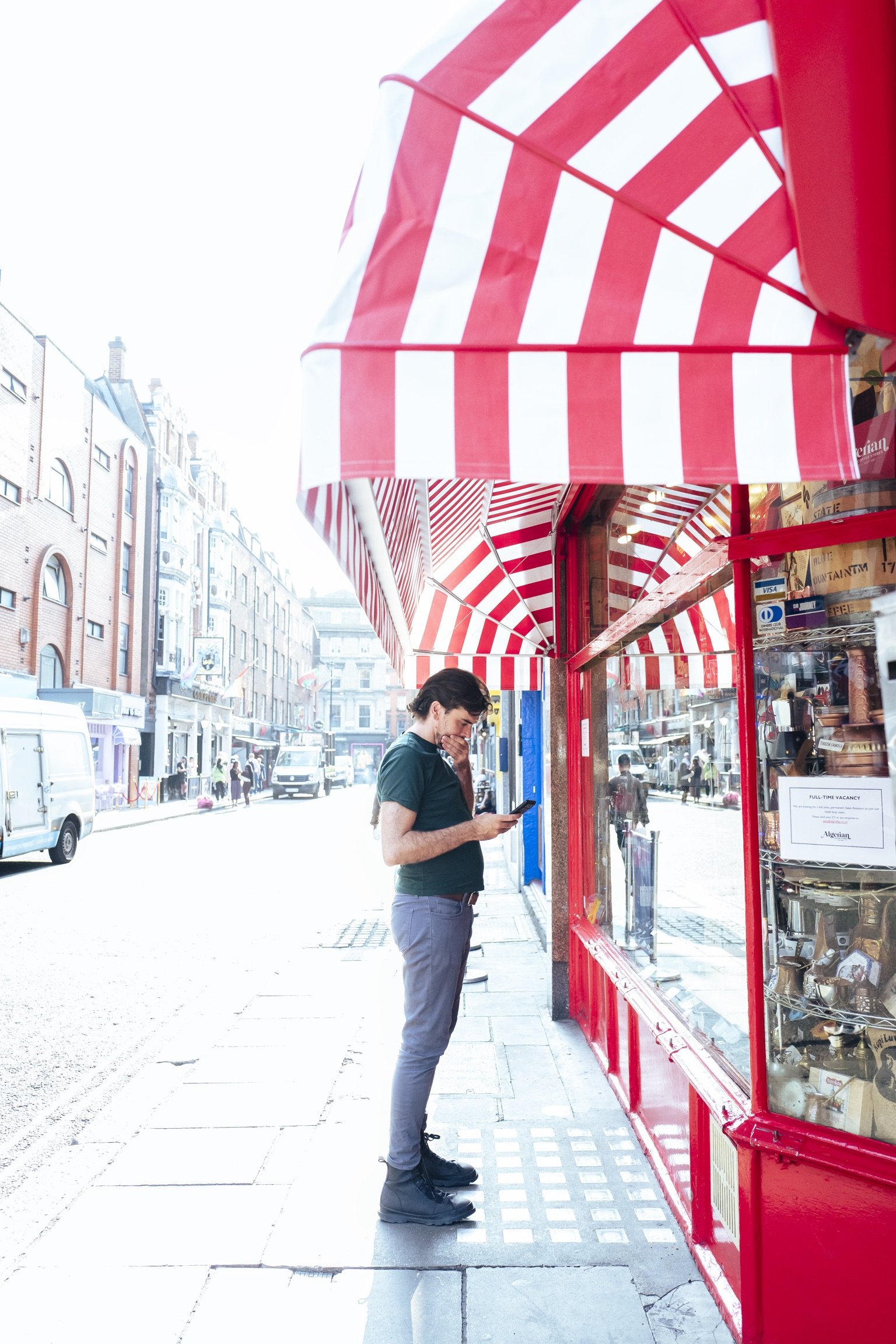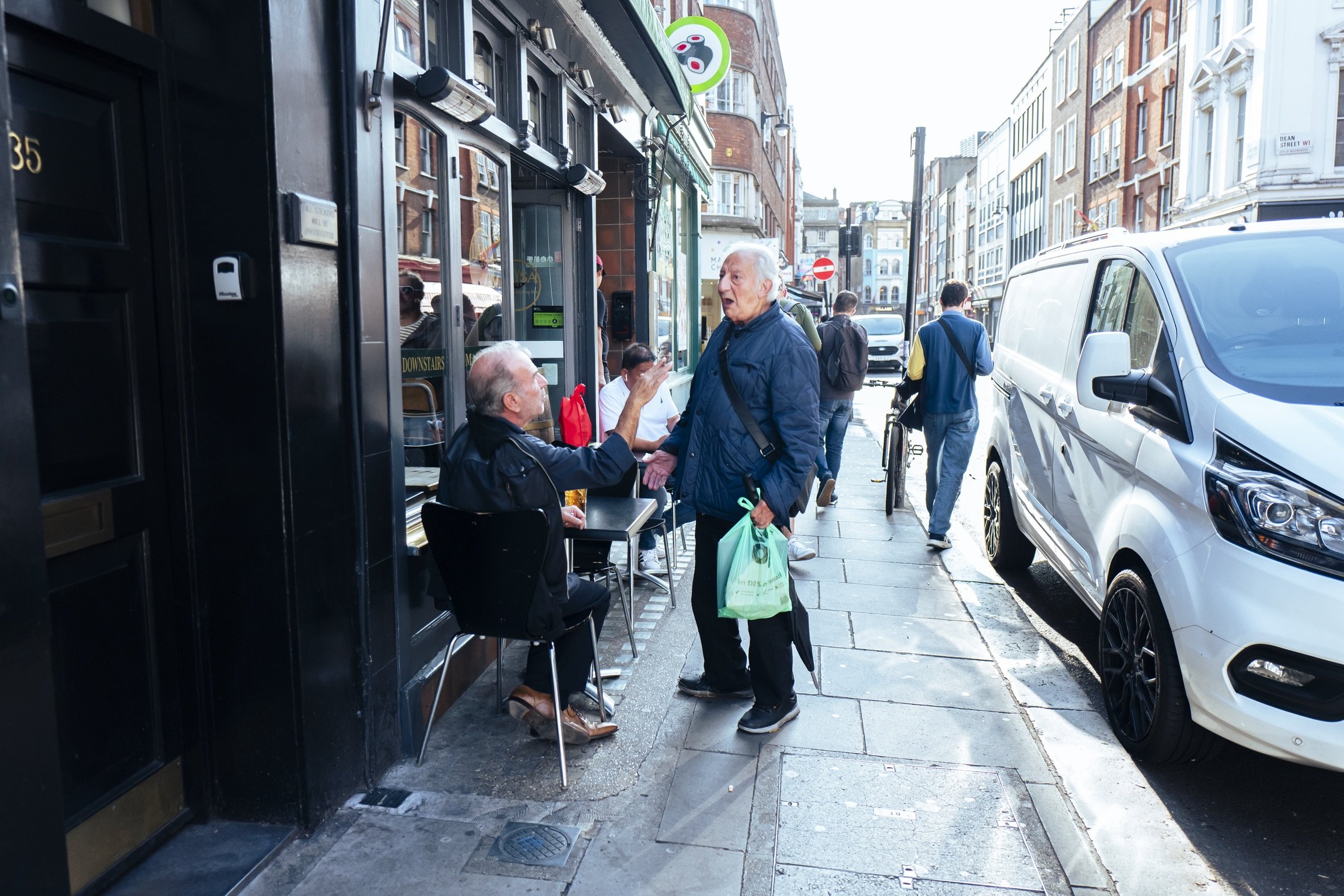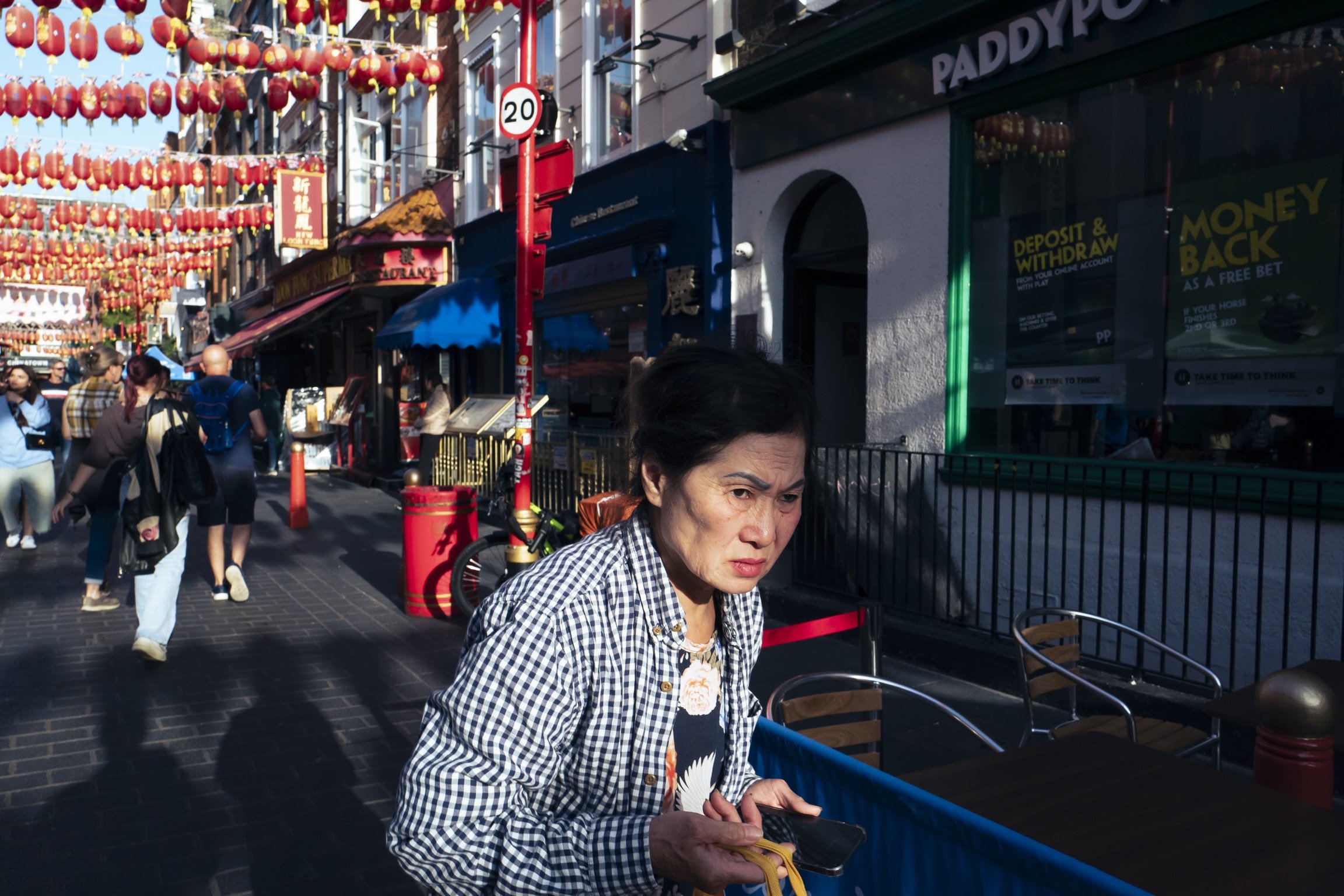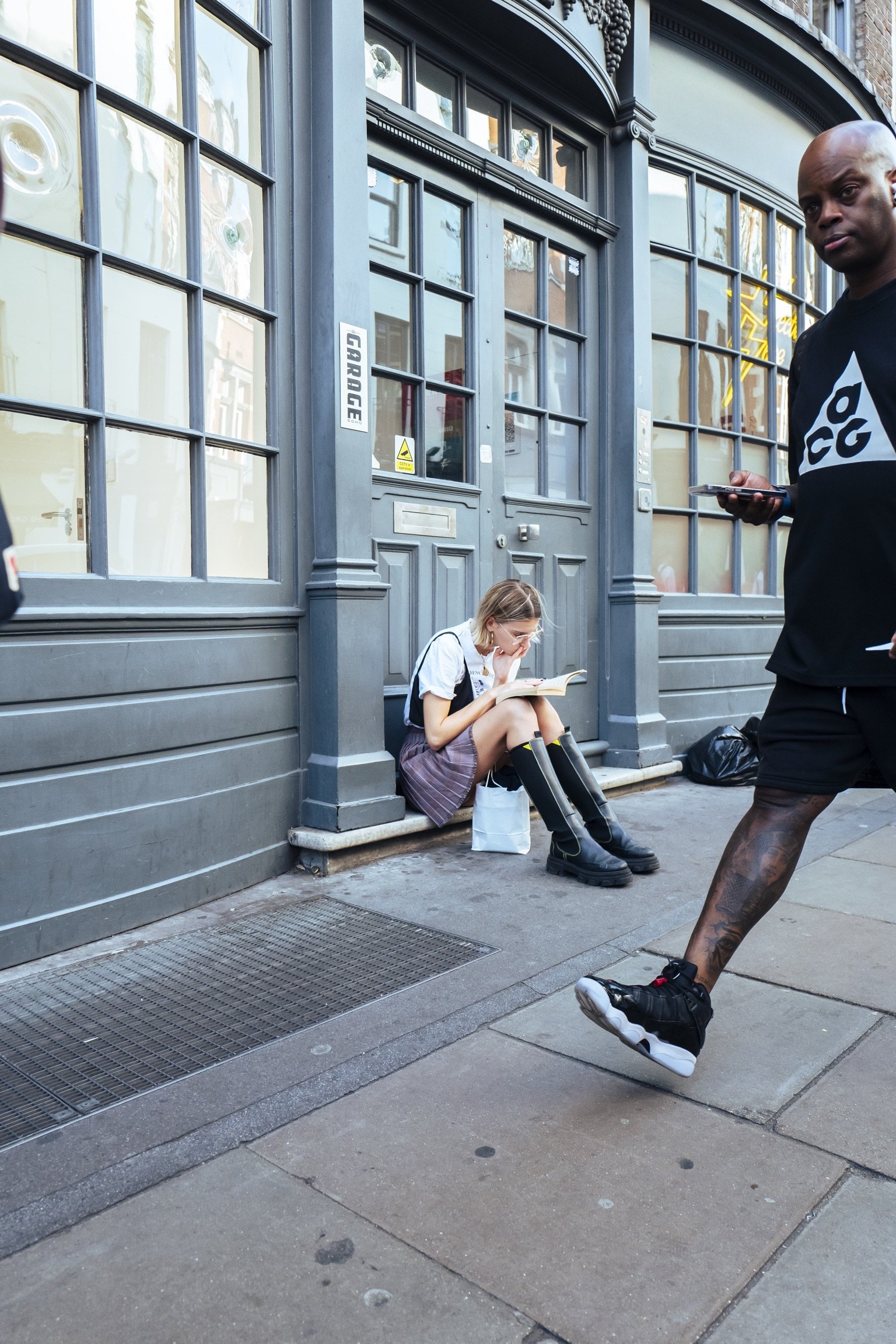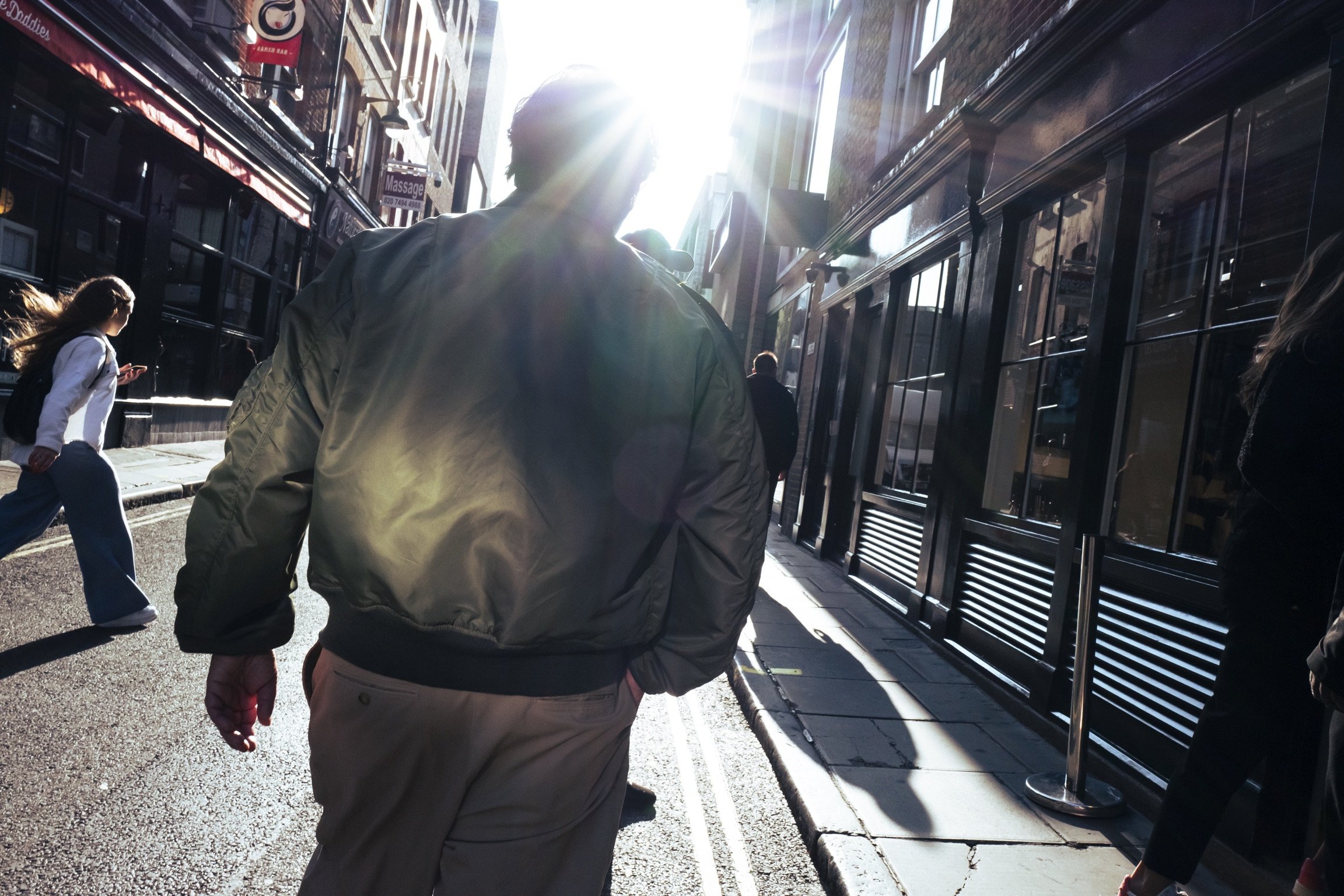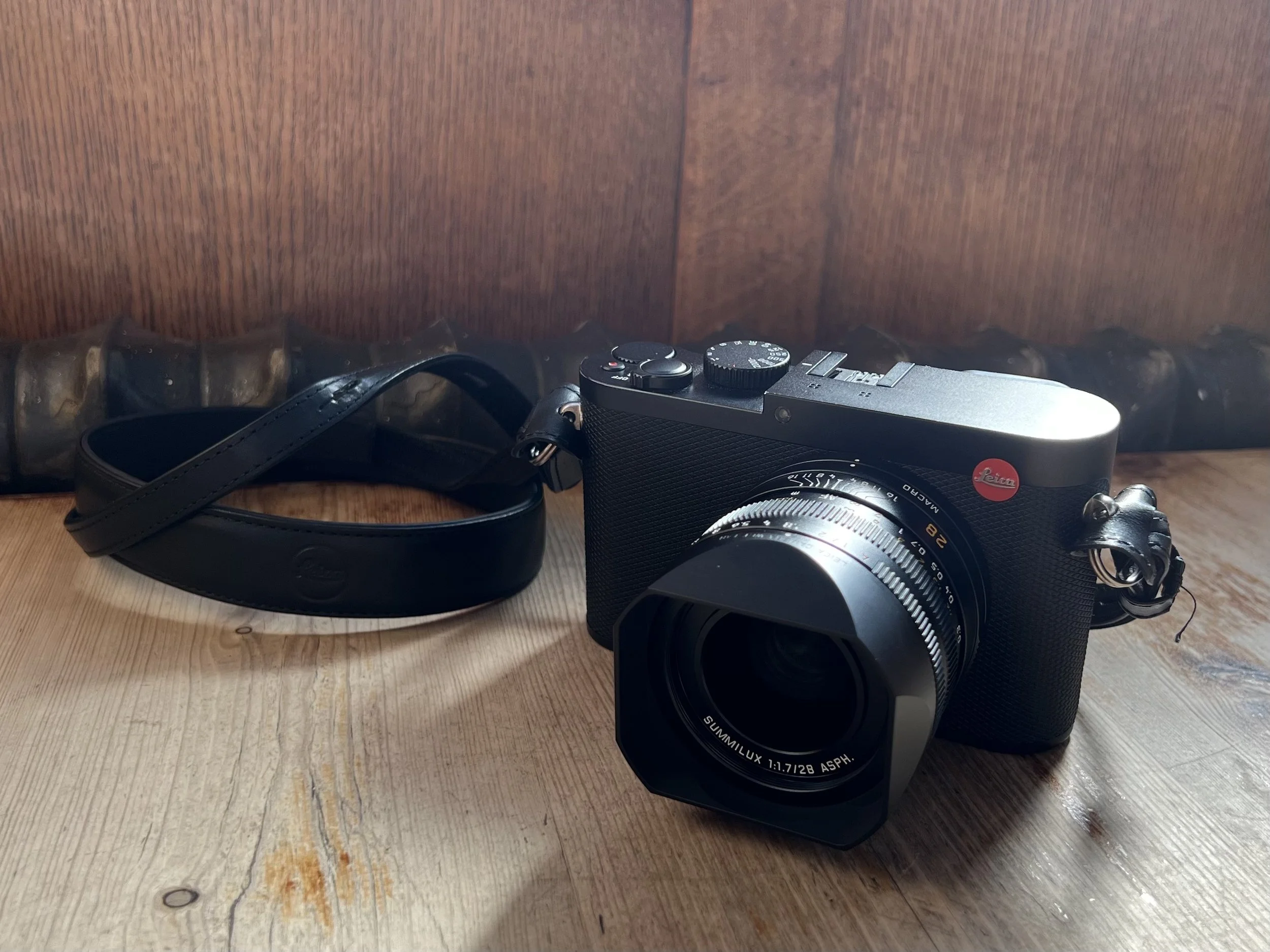My next camera will decide the kind of photographer I become.
In the midst of the pandemic, I bought a Ricoh GRiii. A carving knife of a camera to accompany my Nikon D750 all-rounder, which when shooting street photography, increasingly felt like a meat cleaver, it felt invasive.
Yet years ago, after I got my first full frame dSLR, I immediately headed to Wood Green, an area I shot most hesitatingly, knowing my new baby could handle the speed at which I wanted to shoot to capture those fleeting moments.
Already unwilling to shoot standing still — waiting for the decisive moment — my style of chasing the image meant my entry-level Nikon struggled. I needed something faster, more robust to keep up with what I wanted to achieve on the streets.
Switching to full-frame represented a new beginning to my photography. I could go wild.
I noticed the speed and muscularity straight off the bat. The focusing, a shutter that snaps with a crack, I would rarely miss the shot. During those early days, I relished shooting with a huge camera strapped to my wrist, and still do to a certain extent. The robustness of the whole process dazzled me. Raising my camera to those fleeting moments, emboldened with each scene, I could shoot unnoticed, or noticed with the moment gone, but the picture already taken.
Seven years later though, it feels like time to move on. Certain projects required subtlety. Initially, the GRiii felt like a good fit. I craved stealth, so, this highly specialised mirrorless camera fitted that very specific need: to blend into my home town and shoot without brushing the scene.
Documenting Wood Green had increased in priority during the pandemic, and to do it regularly without sticking out was key.
Wood Green may feel incredibly busy — with a footfall rivalling Oxford Street — it still remains a local community. Thrashing around with a beastly dSLR felt like taking with aggression. The GRiii worked and works a treat, for sure, but ultimately, it's not the photography experience I crave for the next iteration of my career. Perversely, it feels too subtle, almost more invasive by lacking that participatory element.
And so, I bought a Leica Q — a complete no-brainer.
